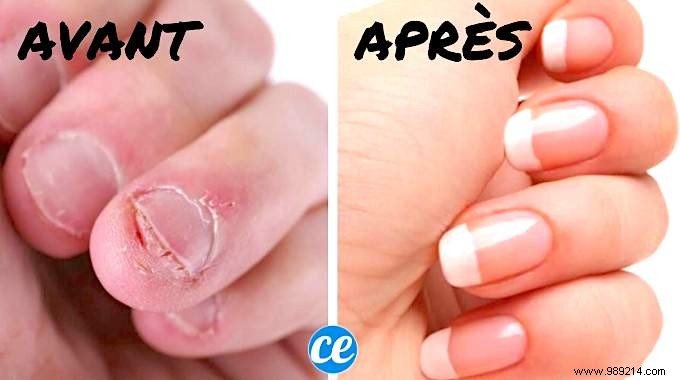
It is estimated that about half of children and adolescents bite their nails.
Unfortunately, it's a bad habit that they will keep throughout their lives...
And for adults who have a habit of nail-biting, it can be really hard to quit.
Fortunately, there are simple and effective tips to end this bad habit quickly.
Here are 6 tricks that work to never bite your nails again :
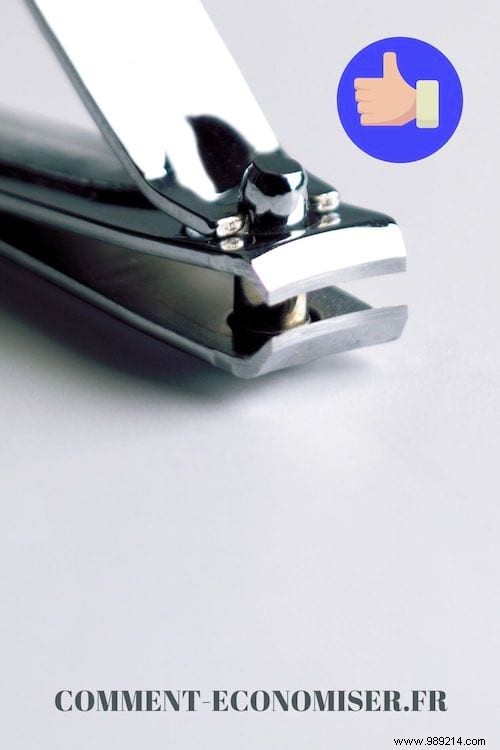

The best way not to bite your nails is simply to cut them very short regularly.
This way, there will be fewer nails to chew on when you mechanically put your fingertips in your mouth.
The following is logical:the less nails there are to bite, the more this gesture loses its appeasement effectiveness.
So remember to always have a nail clipper on hand!
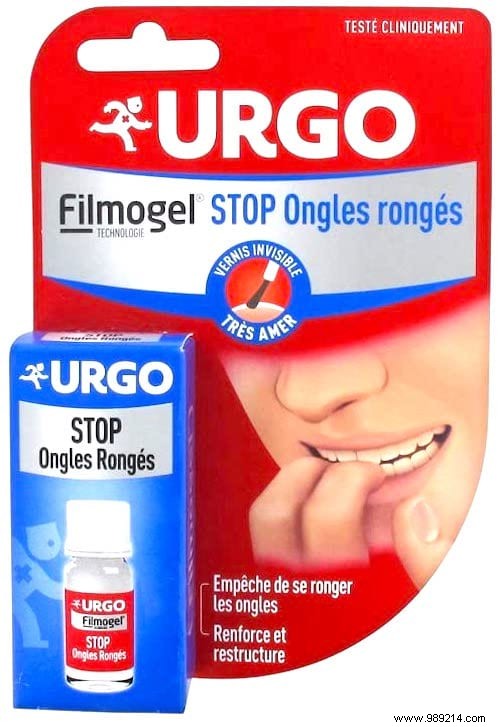
To dissuade you, there are also special nail polishes with a bitter taste found here on the Internet.
It's a simple but effective method to make you lose the reflex to put your fingers in your mouth.
In addition, you can also soak your fingers in sweet almond oil, known for its 100% natural repellent effect.

The idea here is that spending your money (and time) on having beautiful nails will make you want to keep them intact.
So don't hesitate to pamper your nails and treat yourself to manicures at the beauty salon!
Wouldn't it be a shame to ruin your beautiful manicure that cost you an arm (or at least a fingernail)?
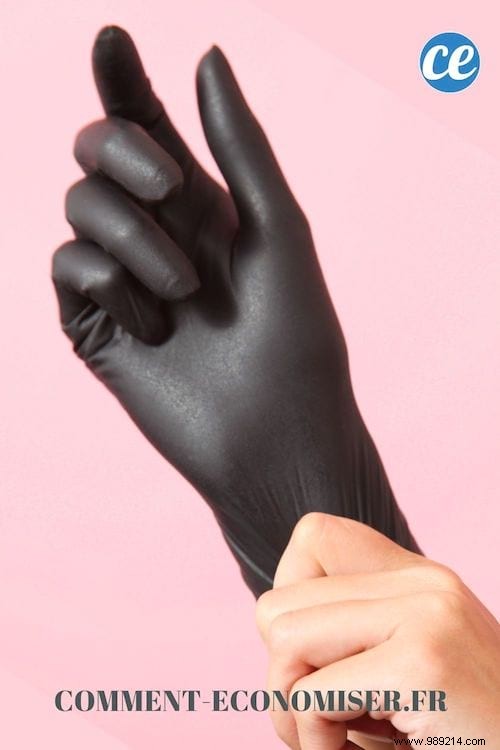
This technique may seem crazy, but it is very effective.
Indeed, if your nails are covered, it is impossible for you to bite them!
And for those who can't stand the idea of spending an entire day wearing gloves...
...you should know that there are also stickers specially designed to cover the nails.
And of course, you can be discreet and cover only one of your fingers with a simple plaster.
Thus, the bandage acts as a reminder:stop biting your nails!
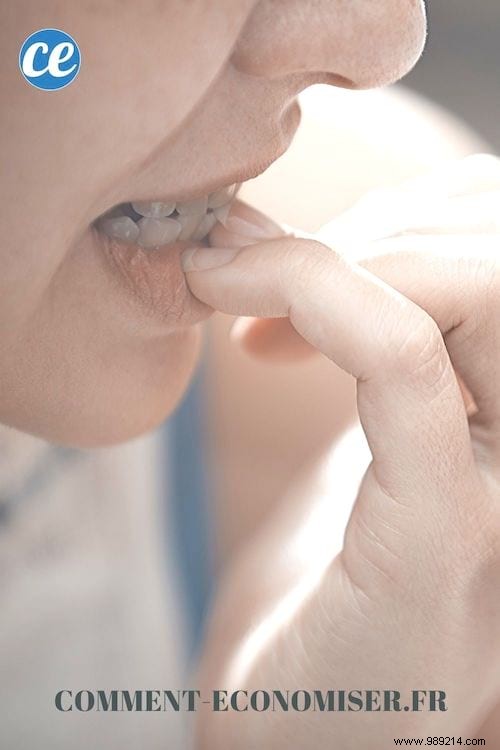
Try to spot when you feel the need to bite your nails.
This is called the awareness technique.
Afterwards, try to find less harmful methods to calm yourself down in situations that cause you to nibble your nails.
If you are looking for effective tips against stress, discover here 11 remedies to calm you down in minutes.

Here, the idea is to replace envy to bite your nails by less harmful gestures, such as chewing gum.
Similarly, always keep an object in hand that you can handle to release the tensions of the moment.
For example, you can play with an anti-stress cube, relaxation balls, a pen that you can click.
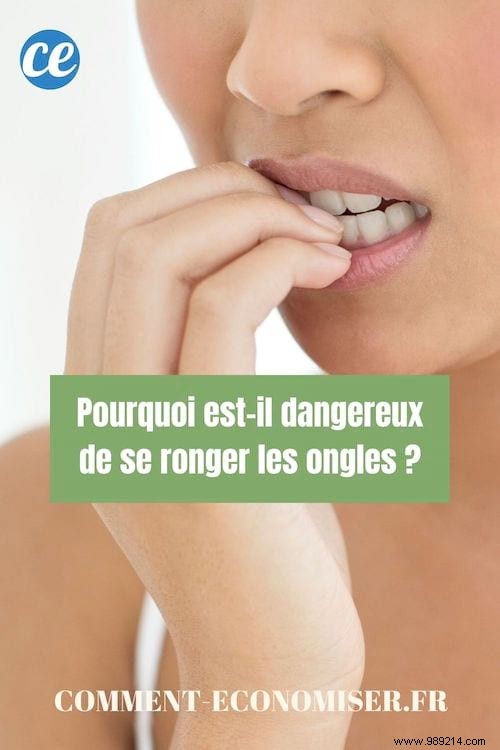
Biting your nails is not without any danger for your health.
Here are 3 things you should know if you bite your nails:
1. It deforms your nails . Onychophagy prevents the nails from growing back well, and can even deform them.
This can damage the nail matrix (the tissue around and under the nails) and thus cause permanent deformities.
As a result, your nails look abnormal, a sign that they are not healthy.
2. It damages the teeth . Biting your nails creates mini dental trauma, which risks scratching or damaging the tooth enamel.
Over time, it can even disrupt dental occlusion, the way teeth come together when the mouth is closed.
Thus, the teeth can begin to deform, split and even loosen.
3. This increases the risk of getting sick . The underside of the nails is the perfect place for germs and bacteria of all kinds!
If you repeatedly gnaw your fingertips, these microorganisms enter your body and increase the risk of getting sick.
Onychophagia also damages the skin under and around the nails, which increases the risk of infectious nail disease.
This can in particular cause whitlow:swelling around the nail with a secretion of pus.

Know that the irresistible urge to bite your nails could come from your parents.
Scientists don't know if onychophagia – nail biting – is genetically transmitted.
But researchers have found that children whose parents bite their nails are more likely to incorporate this gesture as well.
Moreover, studies have shown that nail biting is transmissible even when parents stop biting their nails before the birth of their child.
Sometimes nail biting can also be a sign of emotional or mental stress.
Indeed, this gesture often occurs in people who are nervous, anxious or depressed.
Thus, nail clipping would be a way to calm down and stabilize your emotions in order to face a stressful or anxious situation.
For some people, boredom can also be a trigger.
For others, it may be hunger or because they feel uncomfortable.
For most people, nail biting is a reflex.
It is a gesture that we do without thinking about it, to calm down and stabilize our emotions.

When you are in the habit of biting your nails, stopping suddenly can be particularly difficult.
If this is the case for you, try stepping out instead. by setting small goals.
So, first try not to bite your nails on your right hand for a week.
Too difficult ? So, start even smaller:choose a single nail that you don't want to bite, your thumb for example.
Once you've completed this little challenge, try adding another nail to your "out of bounds" area.
Continue, and so on, until all your fingers are "out of bounds".
You will see, with a little willpower, you can save your nails once and for all!
What if the problem persists after trying several methods?
So, do not hesitate to consult a specialist who can help you get to the bottom of the problem and accompany you in your approach.